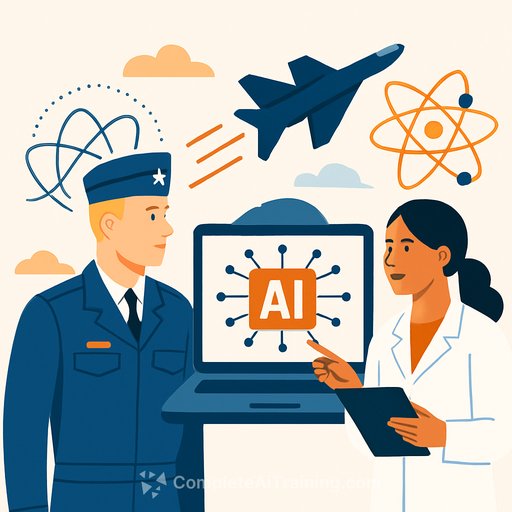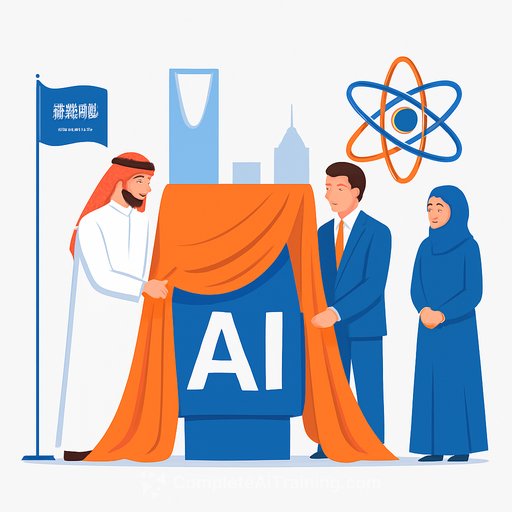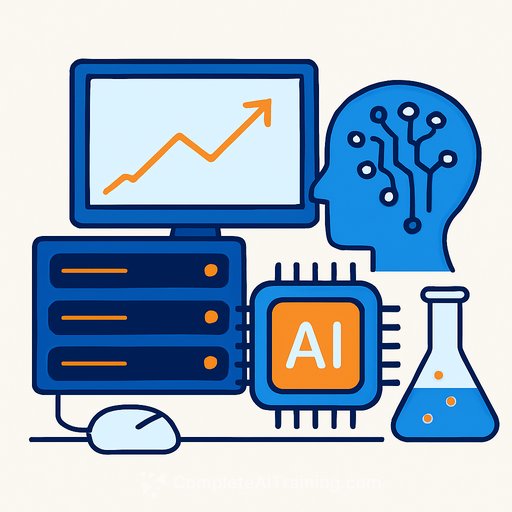Quantum Research Sciences Develops AI Platform to Help Air Force Connect with Industry More Efficiently
Quantum Research Sciences (QRS), an Indiana-based software company, is partnering with Purdue University’s Rosen Center for Advanced Computing (RCAC) to create a new AI-driven platform called Automated Commercial Industry Data-Repository (ACID-R). This platform aims to streamline how the U.S. Air Force accesses and evaluates technology proposals from the private sector, including components used in advanced military aircraft like the F-22 Raptor.
Addressing Inefficiencies in Technology Proposal Reviews
Currently, the Air Force receives technology proposals through outdated methods such as email, where critical information is often buried inside lengthy PDF documents. QRS CEO Ethan Krimins explains that ACID-R will transform this process by allowing vendors to upload their capability statements directly. The platform’s AI then extracts and organizes the relevant data, enabling Air Force personnel to search, filter, and review thousands of proposals quickly.
ACID-R also provides real-time feedback to vendors, automatically flagging missing information to help them submit more complete and effective proposals. This approach is expected to accelerate defense modernization efforts, particularly in sustainment and logistics.
Collaboration with Purdue’s Rosen Center for Advanced Computing
QRS, a Purdue Innovates client, is leveraging the expertise of RCAC—a leader in high-performance computing and AI innovation—to build ACID-R. Laura Theademan, director of RCAC Center Operations and Visualization, notes that this USAF project is the most significant collaboration the center has undertaken with QRS to date.
Daniel Madren, RCAC’s senior research development administrator, manages the technical development alongside Air Force partners. He emphasizes the collaborative effort involving AI scientists, software engineers, and visualization experts working together to bring this platform to life.
QRS’s Role in Defense and Quantum Software
QRS is also recognized for creating the Department of Defense’s first operational quantum software. The company works closely with Purdue physics professor Andreas Jung and the Jung Research Group, which includes doctoral researcher AJ Wildridge, combining quantum computing expertise with national security applications.
Krimins highlights that QRS focuses on delivering practical software solutions that address real defense challenges. The ACID-R initiative extends this mission by integrating advanced AI techniques to improve how the Air Force taps into private sector innovation.
About Quantum Research Sciences
Quantum Research Sciences develops quantum software for discovery, development, and delivery purposes. The company is pioneering operational quantum software for the Department of Defense and continues to explore new quantum applications.
About Purdue Innovates
Purdue Innovates is a network within the Purdue Research Foundation that supports commercialization and startup creation efforts for Purdue faculty, staff, students, and alumni. It serves as a gateway for intellectual property protection, licensing, venture capital access, and translating innovations into impactful technologies.
About Purdue University
Purdue University is a major public research university known for its high-quality education and large scale. With over 107,000 students across multiple campuses, Purdue ranks among the top 10 public universities in the U.S. The university is committed to affordability, having frozen tuition for 14 consecutive years at its main campus in West Lafayette.
Your membership also unlocks:





